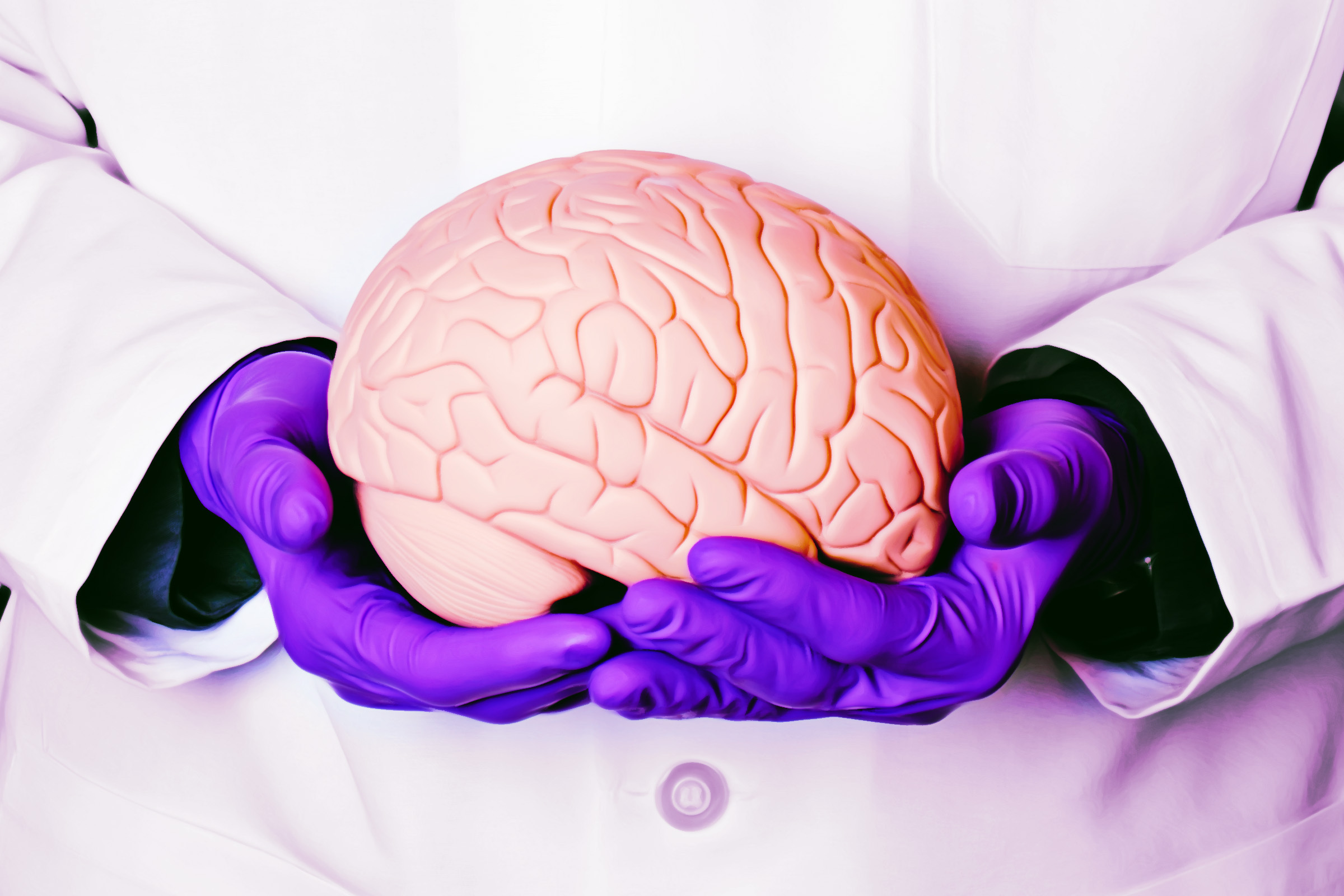
"Earlier this year, John Hopkins University scientists revealed that they had created something astonishing: a miniature whole human brain. Specifically, it was a type of organoid, a small mass of human tissue grown from stem cells meant to mimic the function of our organs and, most importantly, serve as a test bed to study diseases and new drugs for treatment."
"Around 23 percent slammed the door shut on the whole idea, saying there'd be zero ethical justification for it. Even if rudimentary, a miniature conscious human brain could have the ability to think and feel pain and fear. I really don't see a breakthrough here worth the literal lives of these created beings once they gain consciousness, a reader wrote to Live Science."
"Another 25 percent said scientists shouldn't test on organoids that are sentient, but that working on unconscious organoids is fine as long as they're monitored for any sign of awareness. Twenty-two percent said experimenting on conscious organoids are fine, but regulations governing their welfare is needed, and 19 percent of readers said no changes are needed in any current rules about handling these organisms. The remainder were on the fence about the question."
Johns Hopkins researchers created a miniature whole human brain organoid grown from stem cells intended to mimic organ function and serve as a platform for disease and drug research. The presence of complex organoids has prompted scientific concern that such tissues could eventually exhibit rudimentary consciousness, raising significant ethical questions about their treatment. A Live Science poll of 657 readers found 23% opposed any experimentation on conscious organoids, 25% allowed work only on unconscious organoids with monitoring, 22% supported experiments with welfare regulations, and 19% wanted no rule changes. Current scientific consensus on organoid sentience remains uncertain, though experimental complexity is increasing.
Read at futurism.com
Unable to calculate read time
Collection
[
|
...
]